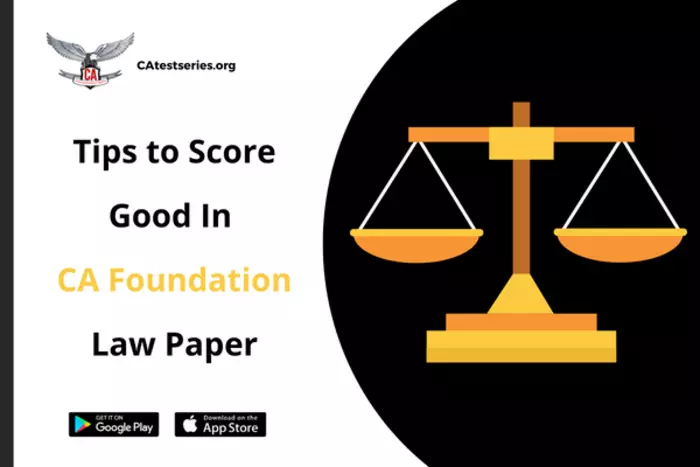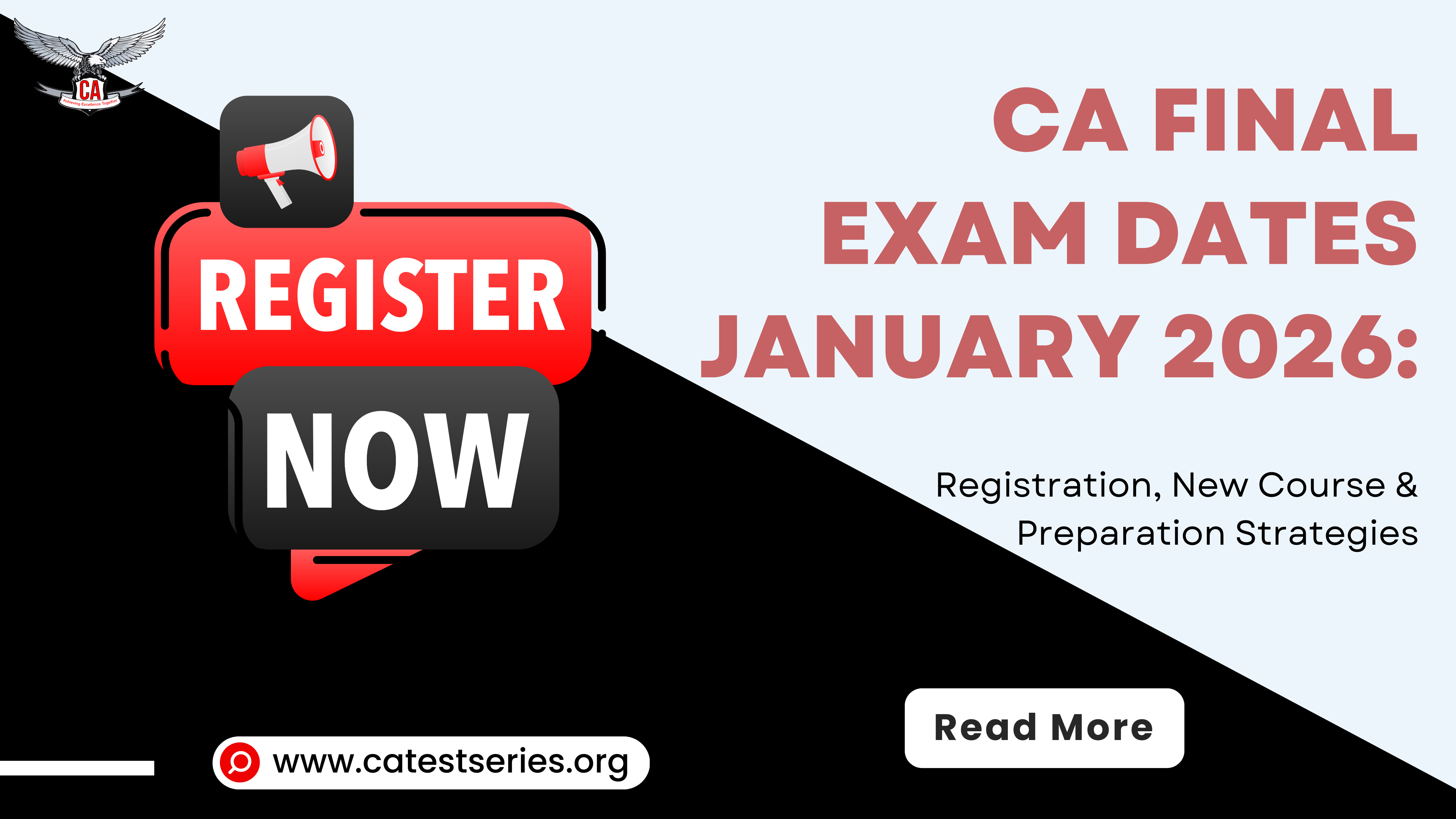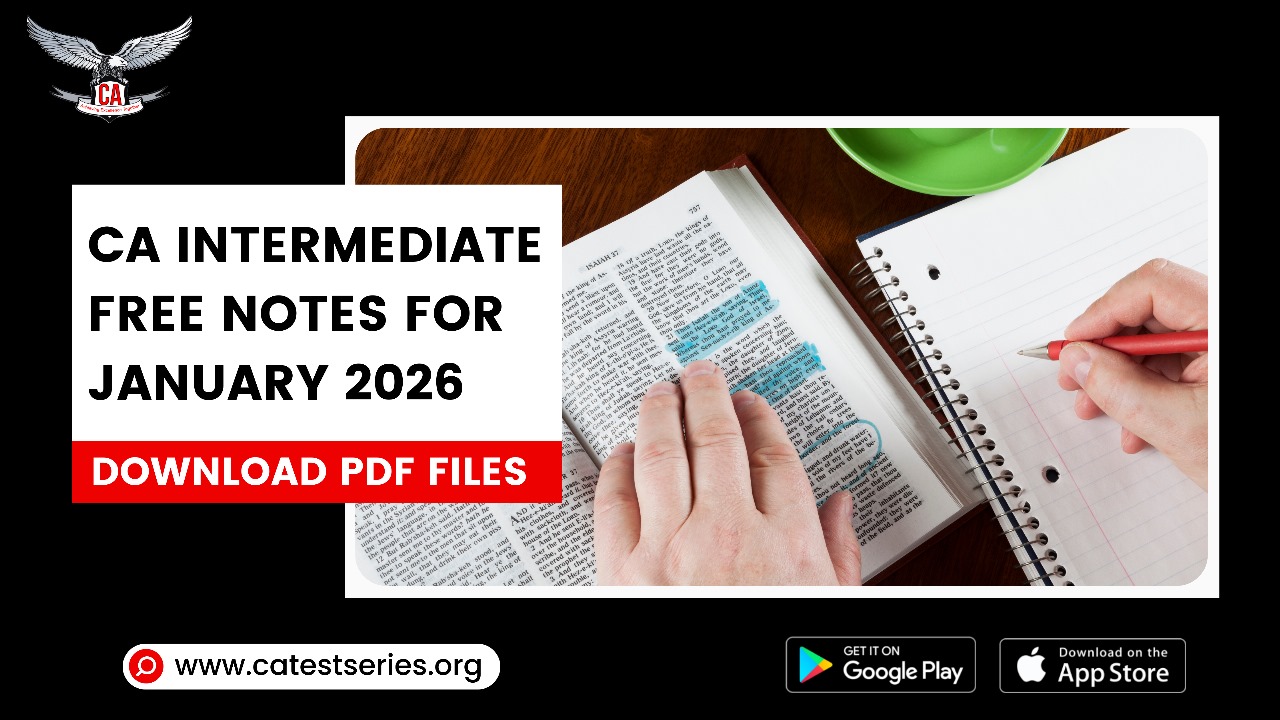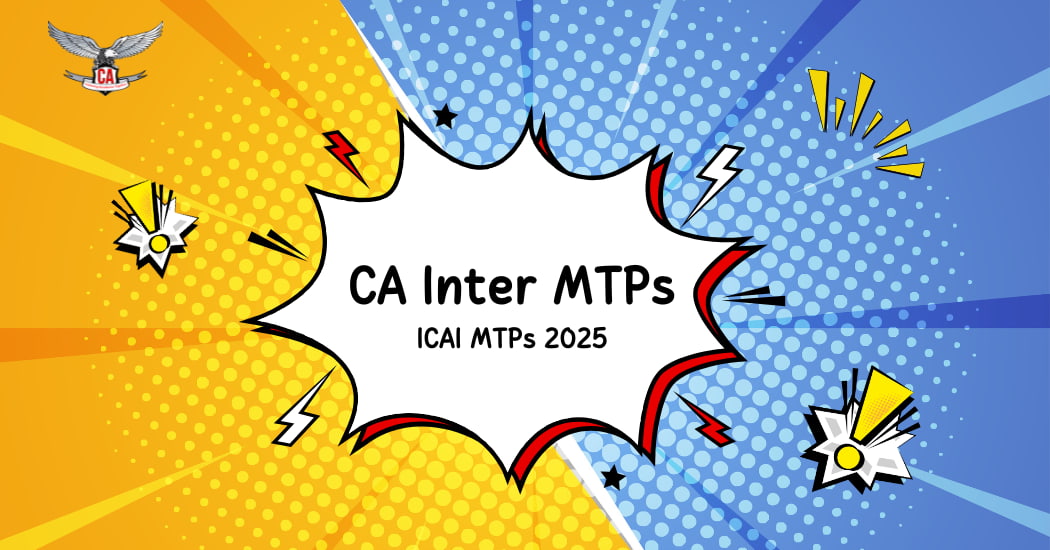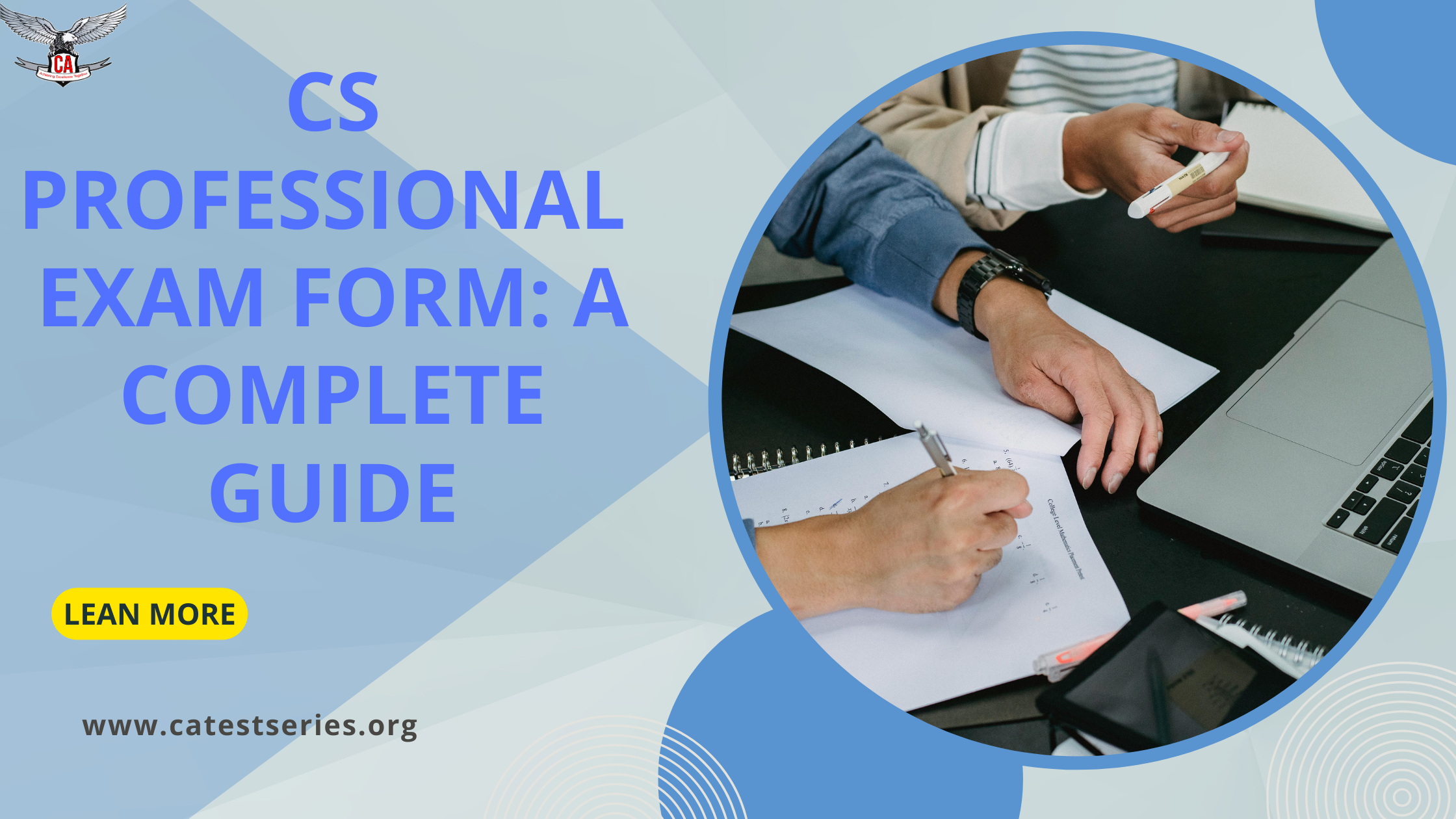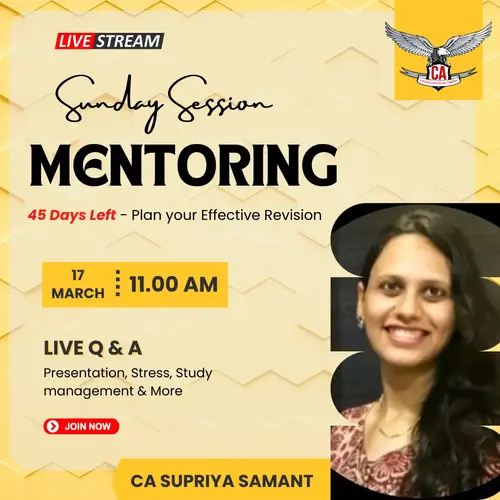CA Foundation Business Law Strategy for ICAI 2025 Exams | Law Notes, Important Questions, Tips
CA Foundation is the first step towards being a professional for students right after clearing their 12th standard and law being the subject which most of the students encounter for the first time in their academic life, it is of utmost importance for students to have clarity as to strategies to be adopted to excel in a subject like law. Basis the analysis of past attempt results and student feedback it is clearly evident that law is one of the least scorings amongst all other subjects of CA foundation. So, How to score well in law? How to score an exemption?
First, lets look at the coverage of law at the CA Foundation level. Business Law comprises the following acts:
- Indian Contract Act, 1872
- The Indian Partnership Act, 1932
- The Sale of Goods Act 1930
- The Companies Act, 2013
- The Limited Liability Partnership Act, 2008
The two most significant statutes in the course are the Partnership Act of 1932 and the Indian Contract Act of 1872. Only the basic concepts of the Companies Act, 2013 are introduced in Business Law for CA Foundation. A detailed study of the Companies Act is then covered at the CA Intermediate level.
How to prepare for Law?
The secret to scoring well in law lies in the preparation strategy. A well-planned strategy with revisions at regular intervals both at the time of the learning phase and during the last month before the exams can really help to have a good grasp of the subject and can be retained over a longer period of time. We will be discussing the strategy during 3 phases i.e. the learning, Revision, and day-before-exam phase. Firstly we will be discussing the strategy which should be adopted Following are the tips which must be implemented during the learning phase-
- Pain Reading
Pull out your study material and start reading. If you understand it on the first try, very well, if not then dont worry, just try giving it a plain reading without thinking too much about the understanding part. Keep in mind to not just read it, but read it aloud. If you start reading it silently, there are high chances that you would fall asleep. But if you read it out loud it creates a connection between the spoken and written words and helps you retain what youve read.
- Conceptual Clarity
Since Law is a theoretical subject conceptual clarity is crucial in the sense that understanding what is the interpretation of law or what a particular section of the law trying to convey. Examples and case studies can also help in a better understanding of the applicability of a particular law. Emphasis should be given to conceptual clarity rather than just mugging up since most of the questions which are being asked in the exams are case study based rather than straightforward questions, the purpose is to test the conceptual clarity and understanding of the law.
- Prepare Summary Notes
Since it would not be possible to go through the entire bare act at the time of the revision, it is advisable to prepare summary notes at the time of initial reading and highlight the keywords which you think must be included in the answers. Further, a section chart should be also prepared to have all the sections act wisely which can be really helpful for the purpose of memorizing those sections. Though writing sections can surely give an edge over others however it is advisable to quote section numbers only if are confident since quoting the wrong sections can create a negative impression.
- Practice questions
Most students often commit this mistake. They just read question-answer basis but ICAI is not going to ask you the direct questions. Before giving the answer you have to understand the intention of the examiner over the questions and understand what he wants and this understanding needs practice a lot. Therefore, practice with the question papers of previous years along with the mock tests and revision test papers. Practice is a must when it comes to a subject like law where framing sentences in such a way that the quality weighs more than the quantity of the answer. Practice doesnt mean that you just have to read the answer but actually write down the questions and answers. A question would come up as to what resources to refer to for practice questions? Well, the previous years question papers are the best resources as long as they are relevant for the particular attempt since the law is subject to amendments. It is advisable to refer to question papers of the previous 2 years and not beyond that.
Keeping in mind all the above points, lets discuss the strategy to be adopted during the revision phase.
This is the step that most of the students fail to implement which is revision at regular intervals. Law being a vast subject demands continuous revisions. Revisions can be very effective in retaining for a longer period of time.
- Practice MCQs
MCQs can play a major role in conceptual clarity. With the onset of new case-based MCQs, it is all the more important to practice MCQs beforehand so that when asked in exams can be tackled effectively. Hence it is of utmost importance to have conceptual clarity of the provisions of the law rather than just mugging up the provisions.
Apart from learning and understanding the key concepts and provisions, one of the major factors to scoring good marks in the Law paper is the presentation and style of writing answers in the exam.
Types of Questions that can be expected
- Theoretical provision-based questions
- Practical case-study-based questions
The approaches to answering both these types of questions are quite different
How to Answer Theoretical provision-based questions
these questions are direct questions based on the concepts and provisions of law. These questions do not require any brainstorming or special preparation but instead, require a set approach to writing them.
Try writing the answer in point format. Write crisp and to-the-point answers. Underline the heading and keywords. leave a line after every point. Write examples wherever required.
How to Answer Practical Case-Study Based Questions
It is very important to read and understand the question clearly in the first reading itself. Here having conceptual clarity can really help to tackle the question. For this, while reading the question, one should clearly identify the requirement of the question and try to recollect the topics or topics to which the question relates.
The approach to answering this is to break your answer into 3 paragraphs
Paragraph 1- Facts about the case
A quick brief about the facts of the case is a good starting for a case-based answer. The facts can your understanding of the question.
Paragraph 2- Provisions of law
In the second paragraph, Provisions of the act. Here students are advised to write the provisions as mentioned in the section to which the case relates and try avoiding laymans language. Write provisions in a crisp manner
Paragraph 3- Conclusion
The final conclusion or recommendation should be mentioned in this paragraph. The conclusion can be written in just 2-3 sentences. You need not mention the provisions again as the conclusion is not a place to introduce new arguments.
Coming to the end the most important phase is the day before the exam, here the summary notes which was prepared during the learning phase will be the ultimate source for preparation that will not only help to revise the entire syllabus in those 1.5 days but will also help boost confidence. Apart from the notes, it is also advisable to go through the RTPs and mock test papers of the relevant attempt since trends have shown that ICAI likes to cherry-pick questions directly from these sources dont be surprised if you see a question replicating from these sources in the main exam paper.

